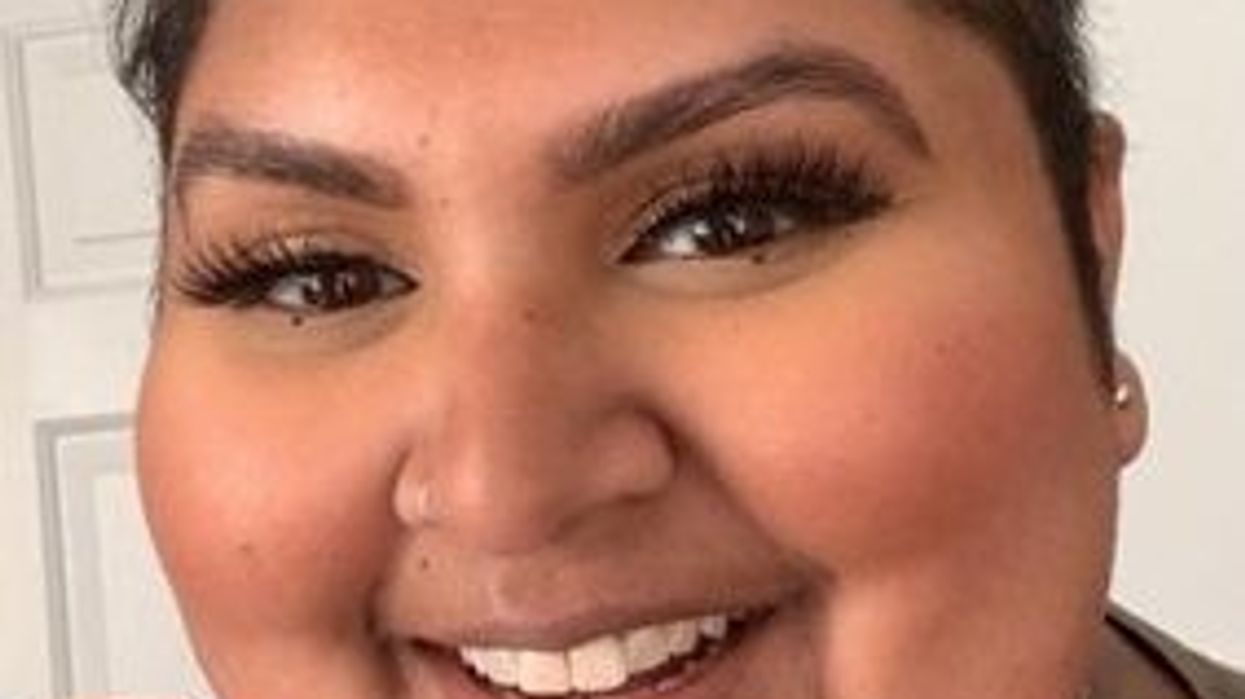The broadcasting of a documentary by the BBC has sparked controversy as it contained a suggestion for women to give their consent for being drugged before engaging in sex.
Sonalee Rashatwar, who identifies as "The Fat Sex Therapist," made the remarks during the airing of a new series investigating the alleged offenses committed by actor Bill Cosby against women.
In the debut episode of We Need to Talk About Cosby, Rashatwar, who is non-binary and prefers the (they/he) pronouns, stated that in an ideal world of sex positivity, men would be able to compensate women to fulfill their "fetish" of engaging in sexual acts with unconscious individuals.
“If we actually grab hold of the fact that sex negativity is what causes this type of behaviour, then we could create a world where - in an idyllically sex positive world - someone is able to pay conscious women to come and be drugged so that I can get my kink out, my fetish on having sex with unconscious people,” Rashatwar said.
“There’s a consensual way to do that.”
According to Rashatwar's website, the accomplished US clinical social worker and sex therapist has provided support to individuals who have encountered incidents of domestic and sexual violence, aged 13 and above.
Since the four-hour documentary aired last Saturday (04), the remarks have garnered backlash on social media.
James Esses, a co-founder of a group of clinicians known as the Thoughtful Therapists, shared a clip of the comments and expressed his disgust by stating, “I feel sick. This is beyond atrocious.
Sharon Davies, a former Olympic swimmer, shared the video on her Twitter account, questioning why the BBC or any reputable TV channel would provide a platform for such content.
Bill Cosby, who was once regarded as "America's Dad" and highly respected for his decades-long career, has admitted to administering sedatives like Quaaludes to women.
In 2018, he was sentenced to prison for drugging and sexually assaulting a woman, but was released on a legal technicality in 2021.
Nearly 60 women have accused Cosby of various offenses, including rape and sexual assault facilitated by drugs, with some incidents reportedly occurring as far back as the mid-1960s.
In response to the backlash, a spokesperson for the BBC said, “We Need to Talk about Cosby is an acclaimed documentary series from W Kamau Bell which is a BBC acquisition. This contributor provides broader cultural commentary on some of the topics raised alongside a wide range of other contributors”.




